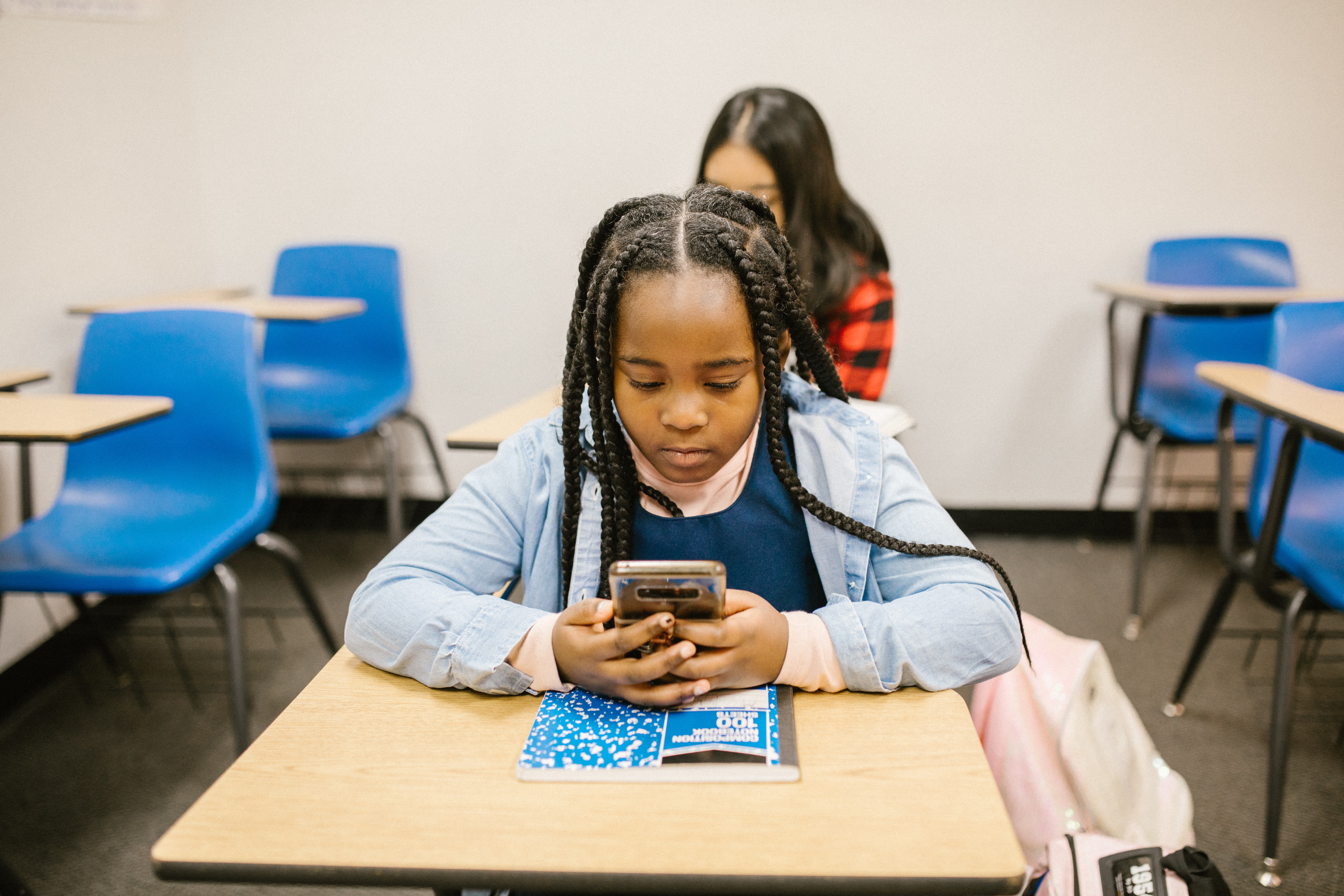The Impact of Social Media on Classrooms: Balancing Benefits and Challenges

In today's digital age, social media has become an integral part of our lives, permeating various aspects, including education.
The impact of social media on classrooms is a subject of great interest and debate among educators, students, and parents alike. While there are undeniably positive aspects to incorporating social media into the learning environment, it is crucial to acknowledge and address the potential challenges it brings.
On the positive side, social media offers numerous opportunities for educators in schools to enhance their teaching methods and connect with students on a more personal level. Platforms like Facebook, Twitter, and Instagram allow teachers to share valuable resources, engage in meaningful discussions, and provide instant feedback. These channels enable educators to create a virtual extension of the classroom, fostering a sense of community and collaboration among students.
Furthermore, social media provides a space for students to extend their learning beyond the physical confines of the classroom. Online forums and groups dedicated to educational topics allow students to engage in intellectual discussions, seek clarification, and share ideas with their peers. This accessibility to diverse perspectives and information broadens their horizons and encourages critical thinking skills. By leveraging social media as a learning tool, educators can tap into the interests and strengths of their students, promoting a more personalised and engaging educational experience.
However, it is essential to recognise the potential negative impacts of social media on classrooms. One significant challenge is the potential for distraction. With the constant influx of notifications, messages, and enticing content, students may find it difficult to stay focused during class. The allure of social media can lead to decreased productivity, hindered attention spans, and ultimately, a decline in academic performance. Educators must strike a balance between incorporating social media in the classroom and ensuring that it remains a supplementary tool rather than a pervasive distraction.
Another concern associated with social media is the prevalence of cyberbullying and online harassment. The anonymity and vast reach of social media platforms can facilitate the spread of harmful behaviour, posing serious emotional and psychological consequences for students. It is crucial for educators and schools to address these issues proactively. By providing comprehensive education on digital citizenship and online safety, students can learn to navigate social media responsibly, understand the potential consequences of their actions, and develop empathy and respect for others.
To mitigate the negative impacts of social media, educators in schools must establish clear guidelines and expectations regarding its use in the classroom. Open and honest discussions about the benefits and challenges of social media can help students understand how to use it responsibly while respecting the learning environment. Encouraging students to think critically about the content they consume and contribute to online communities can foster digital literacy and responsible online behaviour.
Additionally, educators should consider incorporating social media literacy into PSHE lessons. By teaching students how to evaluate the credibility of online sources, spot misinformation, and engage in respectful online discussions, educators can empower them to navigate the digital landscape with confidence and integrity.
In conclusion, social media has the potential to bring both positive and negative impacts to classrooms. While it offers avenues for enhanced communication, collaboration, and personalised learning experiences, it also poses challenges such as distraction and cyberbullying. To harness the benefits of social media while mitigating its drawbacks, educators in schools must establish clear guidelines, provide education on digital citizenship, and promote responsible online behaviour. By doing so, educators can ensure that social media becomes a valuable and constructive tool in the educational journey, fostering a generation of digitally literate and responsible individuals.